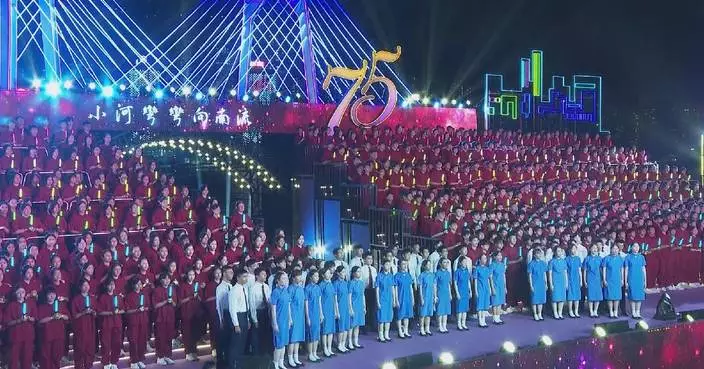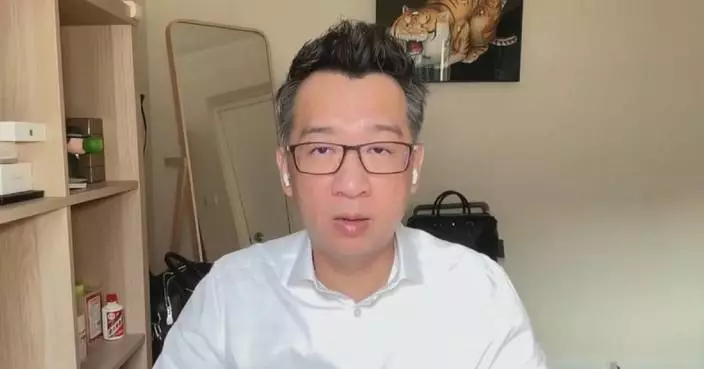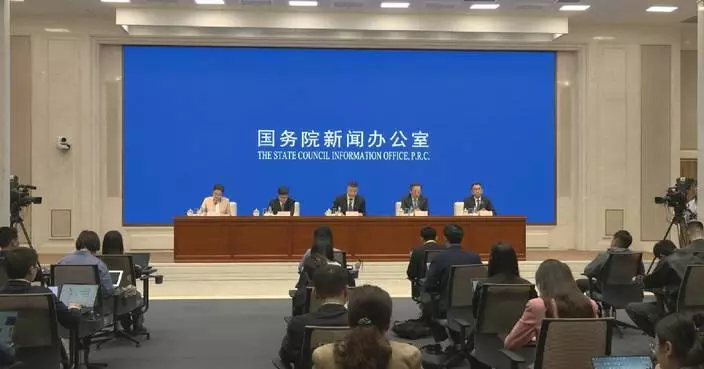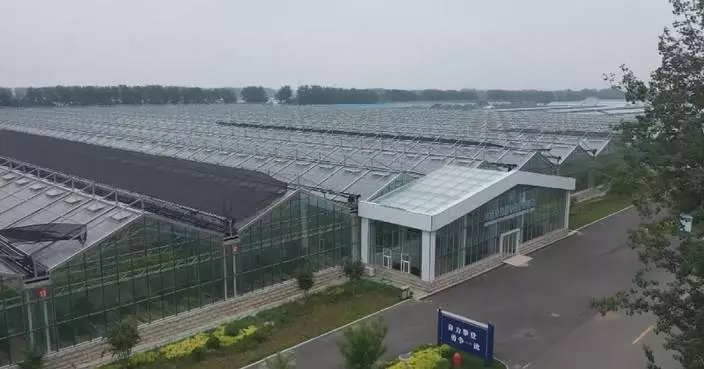Engaging over five million consumers, China's innovative home appliance trade-in initiative has generated a remarkable 33.5 billion yuan in sales, revealing a vibrant consumption landscape brimming with potential.
According to the Ministry of Commerce, more than 5.11 million consumers have participated in the nationwide appliance trade-in program as of Sunday, purchasing 7.11 million units across eight major categories. This surge has led to sales exceeding 33.5 billion yuan, supported by 6.4 billion yuan in central subsidies.
The program has ignited a passion among the consumers for energy-efficient and smart technology, with a staggering 92.5 percent of sales coming from first-level energy efficiency appliances.
Regions like Hubei, Shanghai, and Chongqing are getting creative with their subsidy offerings, incorporating popular items such as water purifiers, dishwashers, and robotic vacuum cleaners.
As the initiative gains momentum, the Ministry of Commerce is committed to further enhancing the subsidy rollouts. By encouraging local governments to act swiftly, they aim to capitalize on major shopping events like the National Day and "Double Eleven" to fully release the policy effects.
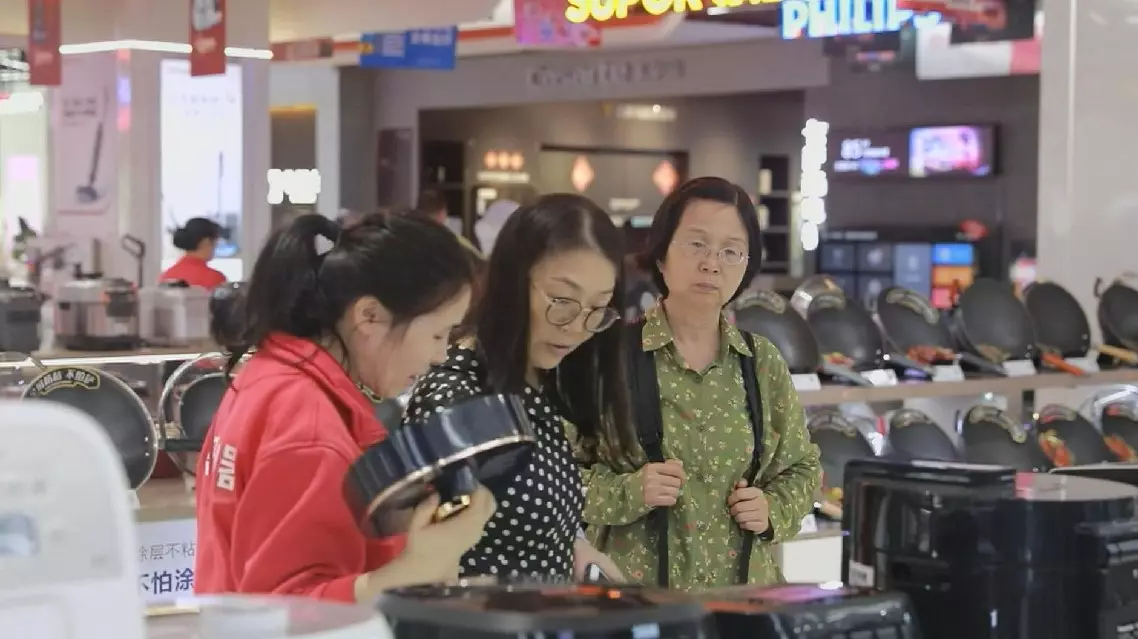
Trade-in program unlocks consumer potential in China's appliance market
China's central bank and the Ministry of Housing and Urban-Rural Development on Sunday rolled out a slew of policies to ease the financial burden born by property owners and bolster public confidence in a bid to stabilize the real estate market, with the governments, especially of the first-tier cities, be quick in implementation.
Beijing on Monday announced to ease restrictions on homebuying rules to boost its property market, including lowering the threshold on non-locals to buy real estate in the downtown area. Non-Beijing residents will be allowed to purchase homes inside the city's fifth ring road if they have a record of paying social insurance or individual income tax in the city for at least three years, down from five years as was previously required.
Under the new rules, homebuyers will face less financial pressure as the minimum down payment ratio for individual commercial mortgages are reduced from 20 percent to 15 percent for first-home purchases, and from 30 percent to 20 percent for second homes.
The city of Guangzhou in south China's Guangdong Province has lifted restrictions on buying properties.
Starting on Monday, qualifications for purchasing a home will no longer be reviewed and there will be no restrictions on the number of homes purchased by families and single individuals with or without local household registration in the city, according to a circular issued by the general office of the municipal government on Sunday night.
Also on Sunday, the city of Shenzhen announced measures such as reducing the down payment ratio and abolishing district-specific home purchase restrictions.
"The National Day holiday is an important node for domestic property market. So the abolishment of the home purchase restrictions is a good start for the property market during the Golden Week, or in the fourth quarter, bolstering public confidence," said Xiao Wenxiao, a real estate insider.
In Shanghai, the minimum down payment ratio for individual commercial mortgages will be reduced from 20 percent to 15 percent for first-home purchases, and from 35 percent to 25 percent for second homes, according to a circular issued on Sunday.
Commercial banks will be guided to lower existing mortgage rates to further reduce mortgage interest expenditures for home buyers. Non-Shanghai residents will be allowed to purchase homes outside the outer ring road if they have a record of paying social insurance or individual income tax in the city for at least one year, down from three years as was previously required, the circular said.
"The slew of policies are of great significance to the real market growth, especially in stabilizing the market expectations and bolstering public confidence," said Huang Yu, vice-dean of Beijing-based property research institute China Index Academy.
China's property market has seen positive changes amid continuous policy support.
According to the ministry's data, commercial banks have approved more than 5,700 real estate projects on the "white list" that are eligible for financing support, with a loan value reaching 1.43 trillion yuan so far. The mechanisms have supported the on-time delivery of more than 4 million homes.
In the meantime, China's real estate development loans had achieved positive growth by the end of August, reversing a decline at the beginning of the year amid the government's increased financial efforts to support the property sector.
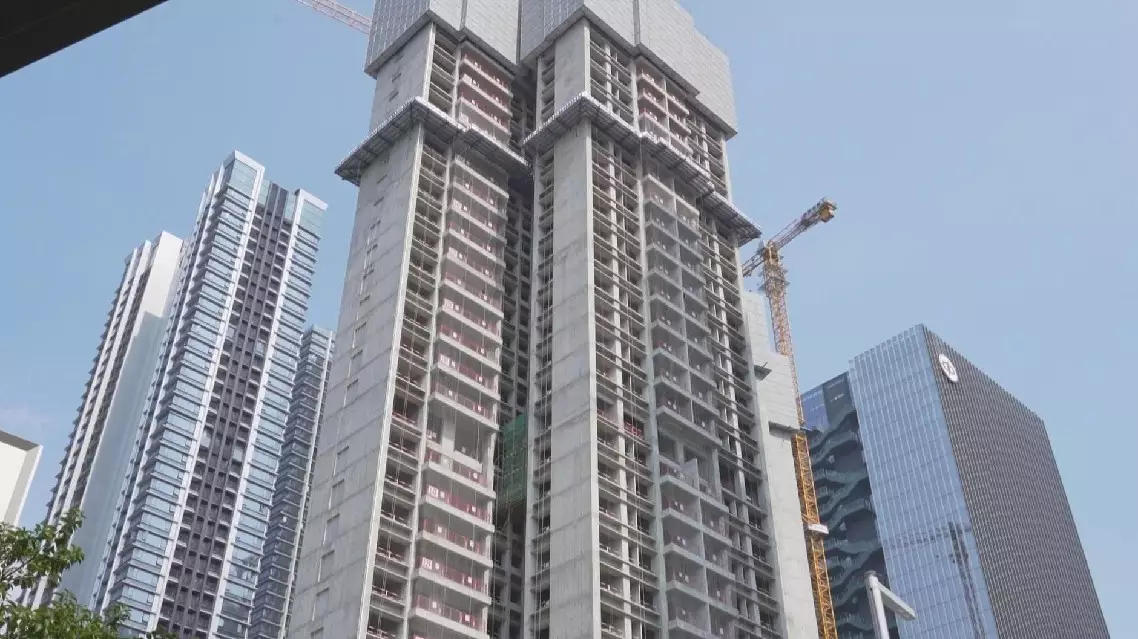
China unveils new housing policies, municipal gov'ts quick in implementation




